Paris is great — it’s perfectly paced, has deeply personal and comfortable interviews, presents its topics level-headedly with multiple interesting juxtapositions of the subjects’ many differing opinions, distributes time among its subjects very equitably, has impressive audio and visual coverage, and carries heavy subject matter effortlessly.
On the other hand, I’m not too fond of many modern critiques of Paris. There is this idea that you can attach your own wild absolutes to it (that have little to do with the film’s form or execution). I’ve seen definitive statements like “drag is inherently misogynistic,” “if you’re straight, your assessment of a piece of homosexual media is invalid,” “this promotes the materialism of the 80s,” “‘realness,’ as used in the film, is a toxic standard,” and “no one should promote traditional femininity.”
But here’s the thing: the only truth here is the truth of the experiences of the subjects and the documenter as captured on the film. That’s the point of (this type of) documentary. Within the world of a documentary, the truth is only what is believed within that world. Paris is Burning stands on its own — it is like a seventy-eight minute video of an anthill; the anthill is still an anthill whether or not you agree with its condition as an anthill or scream your strange pejoratives at it. The only thing a viewer can do is recognize, within its clearly defined time and place, either all or none of it.
Note: The “quotes” in this mini-review are not actual quotes sourced from anywhere; they just generally sum up what I’ve seen written about the film.
Note 2: I’m not saying you have to love this film or that it is perfect. Instead, I am pointing out the folly in criticizing its observational content.

